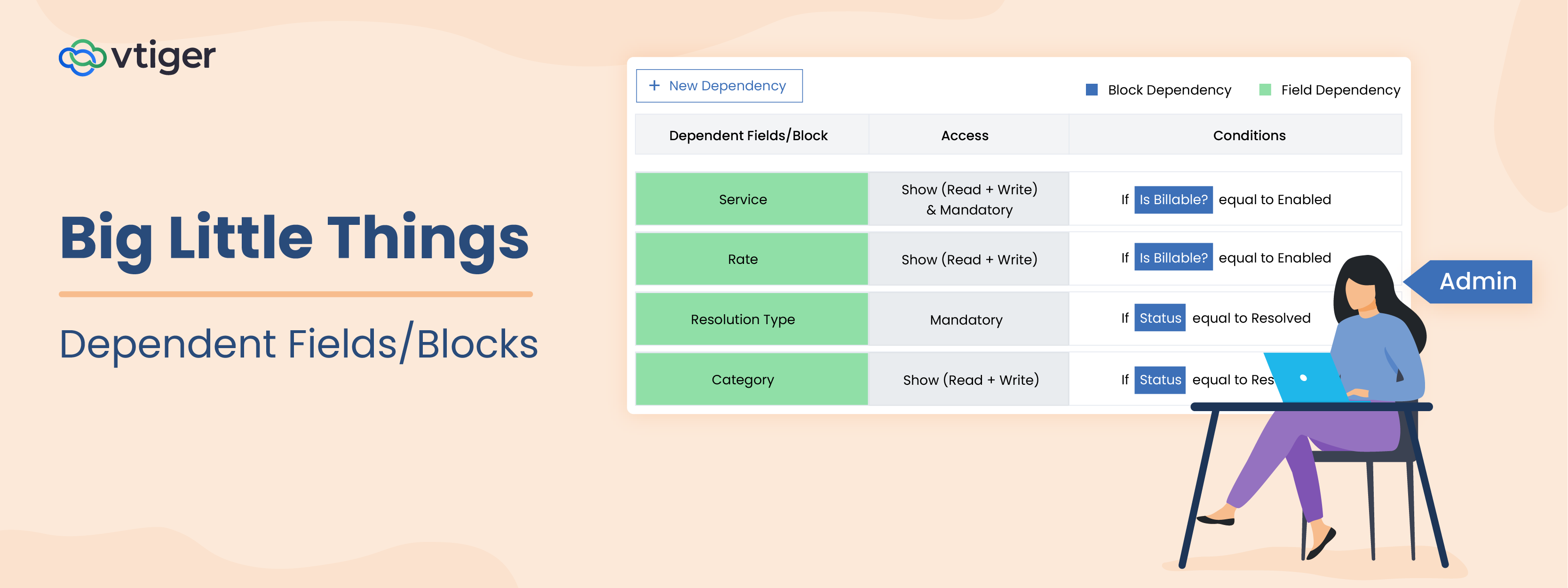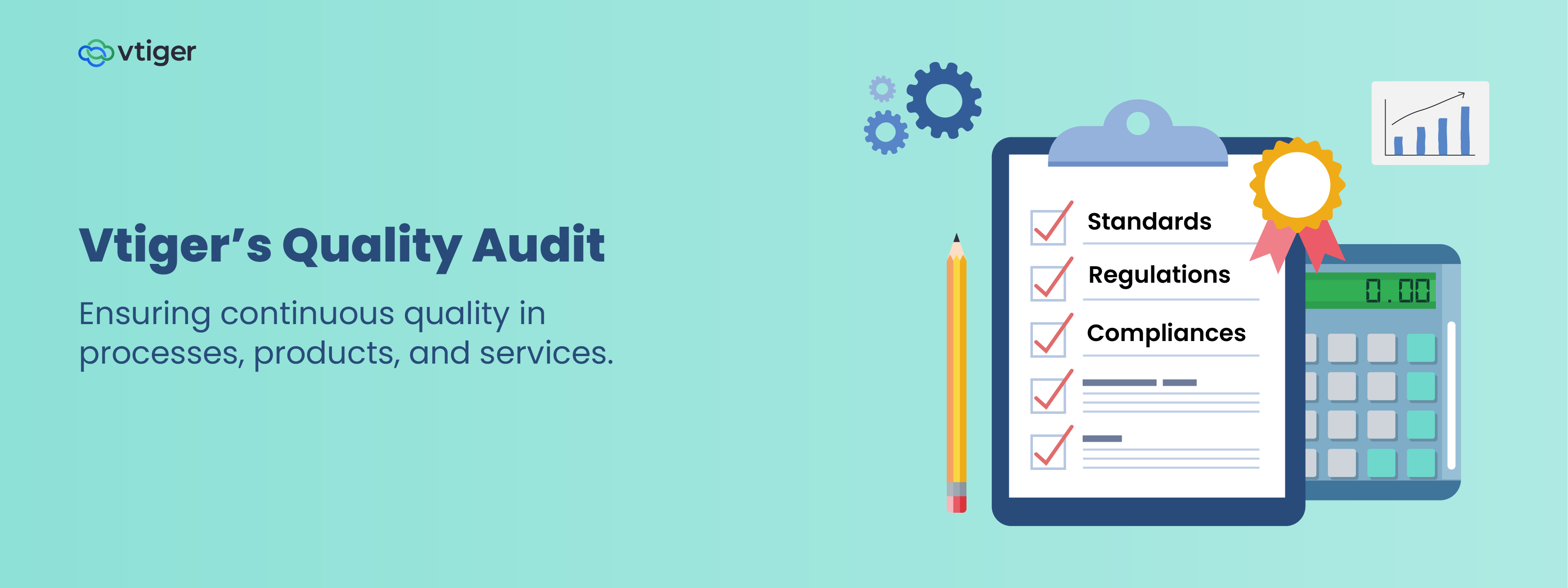Ever since India announced a lockdown to fight COVID 19, many businesses are working with reduced resources or have shut down for the time being. The most severely affected seem to be the micro, small, and medium enterprises (MSMEs) that account for more than 60% of employment in India.
Continued lockdown will severely impact the supply chain, production, and working capital of these businesses for the next few months. MSMEs are the backbone of the Indian economy. It is critical that they have access to capital, tax breaks, moratoriums, etc. to keep their businesses running.
Now, if you are a small business owner, do not worry about an uncertain future. The Government of India has announced relief measures to help businesses affected by the lockdown enforced to fight COVID 19. Also supporting the government in this move are banks and financial institutions.
Let us see what these relief measures are:
-
Government contribution to employee provident fund. The Government of India will contribute employees as well as the employer’s share to employees provident fund for the next three months. This package is for those companies with up to 100 employees and where 90% of the employees’ earning is not more than Rs 15,000. The contribution will be a total of 24% of eligible wages.
-
Deadlines for income tax and Goods and Services Tax (GST) have been extended. The government has extended the deadlines for filing income tax returns for the financial year 2018-19 from March 31 to June 30 and filing GST summary returns to June 30. There will be no interest, penalty, or late fee for those with a turnover below Rs 5 crore, and a reduced 9% interest (from the current 18%) on taxpayers above Rs 5 crore.
-
Change in the threshold for insolvency. COVID interruptions like the lockdown severely affect cash flows leading to the financial breakdown of many small businesses. Do not worry about filing for bankruptcy or insolvency just yet. To prevent companies from forced insolvency, the Government of India has raised the default threshold for insolvency and bankruptcy for micro, small and medium businesses by 100 times from Rs 1 lakh to Rs 1 crore.
-
Moratoriums on loans, insurance payments, etc. Many banks and financial institutions are offering moratoriums on loans, some on request, and some automatically. Some banks are providing relief on business loans and retail loans of above Rs 5 crores. If you are looking for a moratorium on your loan, reach out to your bank today. Click here to find the list of banks that are offering moratoriums.
Note: A moratorium is not a loan waiver. Under a moratorium, you can differ your EMIs and repay your loans at a future date. Terms of moratorium vary from bank to bank and the type of loan availed. Please speak to your bank to know more.
To know more about the fiscal relief package announced by the Government of India, click here.
-
RBI announces relief measures. RBI is extending liquidity support of Rs 50,000 crore to the National Bank For Agriculture & Rural Development (NABARD), Small Industries Development Bank of India (SIDBI), and National Housing Board (NHB) which will eventually benefit loanees. RBI has instructed banks not to apply the 90-day NPA norm – on existing loans.
Click here to read about RBI’s relief measures and view the RBI Governor’s address to the nation.
-
The Government of India announces a limited reboot. The government has announced that some services, businesses, and industries will be allowed to operate under strict COVID protocols and guidelines. These include industries outside city limits, in SEZs and industrial estates, construction projects, irrigation projects, food processing units, courier services, MNREGA works, etc.
Click here to see the details of this announcement.
The Government of India may announce many such relief packages depending on the need of the hour. We recommend that as business owners, you need to:
- Watch out for announcements made by government agencies, banks, and financial institutions regarding financial aid.
- Reach out to your banks and other financial institutions regarding loans, loan repayments, and moratoriums.
- Visit government websites to view authentic information.



